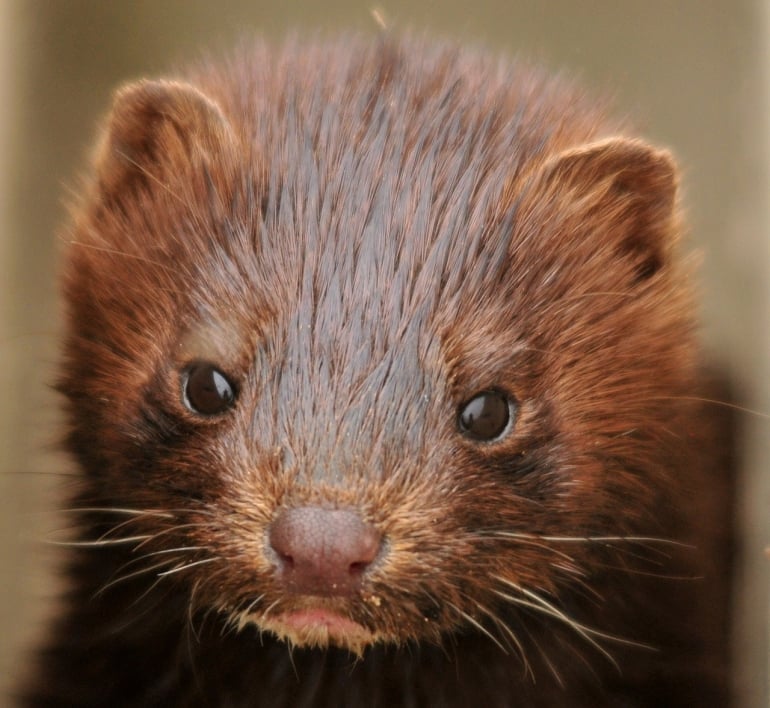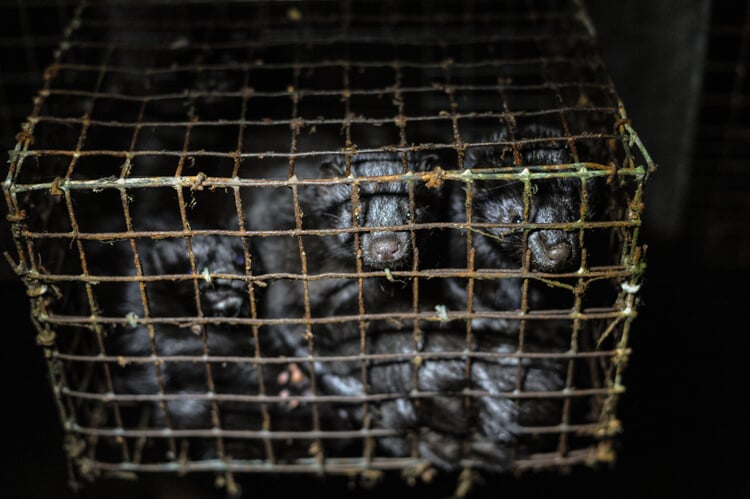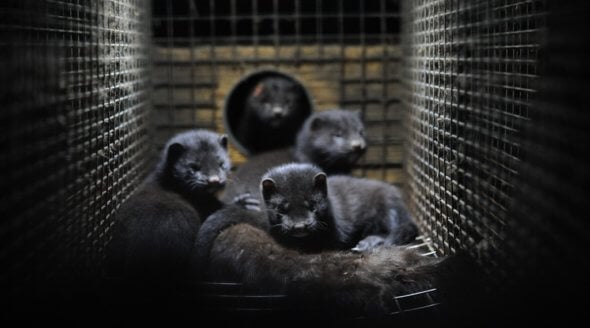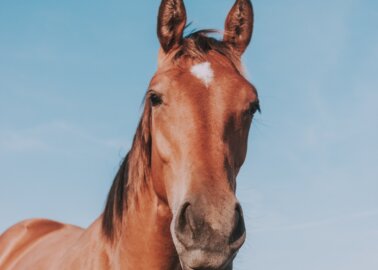20 Years of a Fur Farm–Free UK: What’s Next?
Today marks the 20th anniversary of the introduction of a fur-farm ban in the UK – a huge milestone that we’re all celebrating. Since the ban came into effect two decades ago, we’ve gone from protesting the use of fur at London Fashion Week with runway takeovers to seeing the event’s first-ever fur-free edition in 2018.
PETA continues to campaign against the fur industry, and many people have turned their back on fur for good – including the Queen. However, there’s still so much we can do to end the cruel trade and prevent animals from having to endure short lives in foul-smelling cages and experiencing painful deaths.
Cause for Celebration
Since fur production was banned in the UK 20 years ago, attitudes towards fur have continued to shift. A new YouGov opinion poll commissioned by Humane Society International reveals that the vast majority of British people never wear real animal fur and support a ban on UK fur imports and sales. Only 3% of respondents said they would wear the cruelly obtained material. When respondents were asked which terms they would associate with brands that sell fur, “unethical”, “outdated”, “cruel”, and “out of touch” came out on top.
The growing awareness that fur farms condemn animals to a miserable life and a painful death – and are bad for the environment – has also had a significant impact on the fashion industry. Huge brands that used fur in their collections 20 years ago, such as Prada, Gucci, Julien Macdonald, Alexander McQueen, Vivienne Westwood, Burberry, and Zara, have now gone fur-free.
The change in the UK’s attitude towards fur reminds us not only how far we’ve come but also how far we still have to go.
What’s Wrong With Fur?
Despite the ban on fur farms and the immense progress made over the past 20 years, fur is still imported and traded in the UK, causing animals around the world to suffer.
On fur farms, animals typically spend their entire lives confined to cramped, filthy cages, where they have no opportunity to engage in natural kinds of behaviour such as playing, running, finding food, and raising a family. The stress of this extreme confinement often drives them insane, and fighting, self-mutilation, and cannibalism are common. At the end of their miserable lives, they face a horrific death – often by gassing, electrocution, or poisoning.
Moving Towards a #FurFreeBritain
In June 2018, during a parliamentary debate, MPs spoke out in favour of ending the fur trade in the UK altogether, but unfortunately, no clear commitment on this issue was made.
Major cities such as Los Angeles, San Francisco, and São Paulo have already banned the sale of fur. The London Borough of Islington has done the same, becoming the first UK council to do so. The ban in Islington means traders will no longer be able to sell anything containing fur stolen from animals at markets around the borough.
These forward-thinking places recognise that innovative faux-fur fabrics are better for the environment and spare animals a miserable life and a painful death. The UK needs to join them.
From 2021, the UK will no longer be bound by EU trade regulations prohibiting a ban on fur imports, so it’s time to take action. Sign our petition calling for a ban on all fur sales in the UK.






